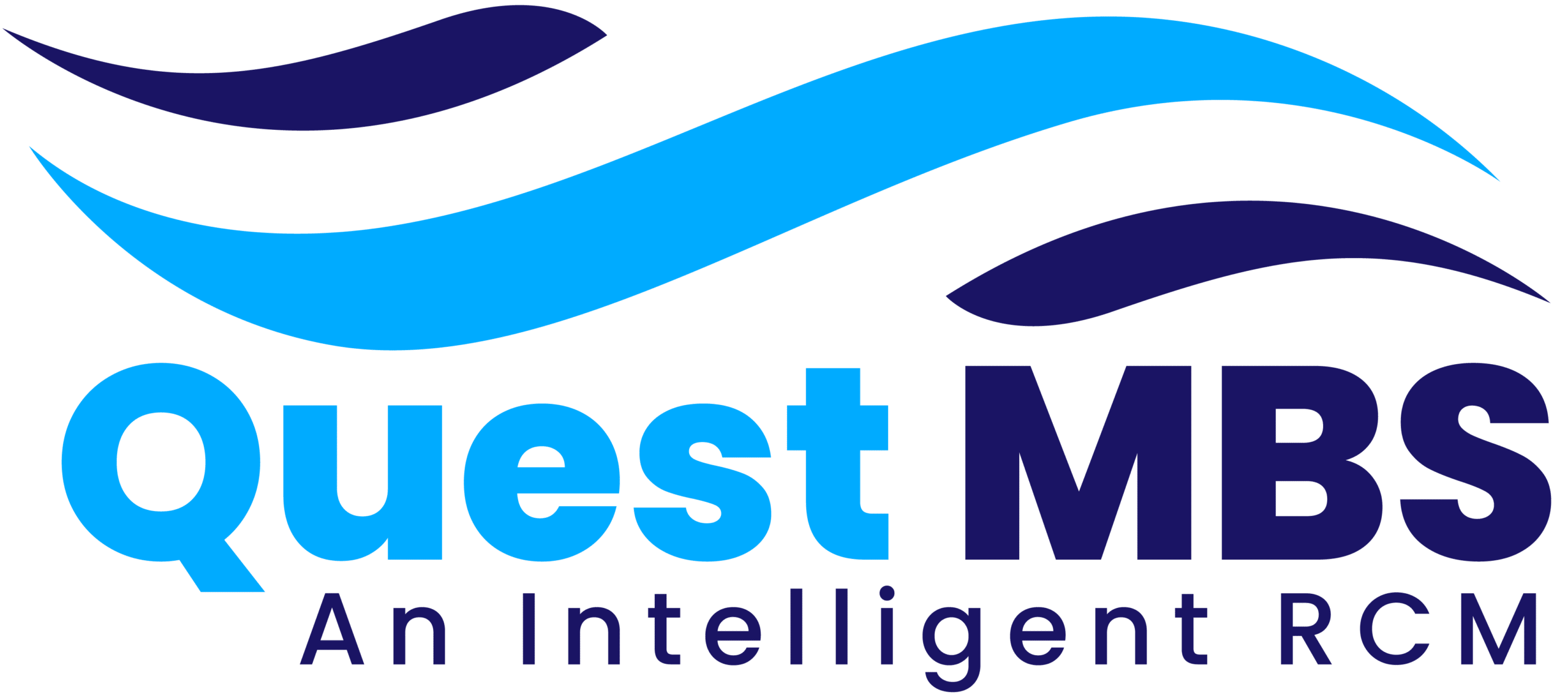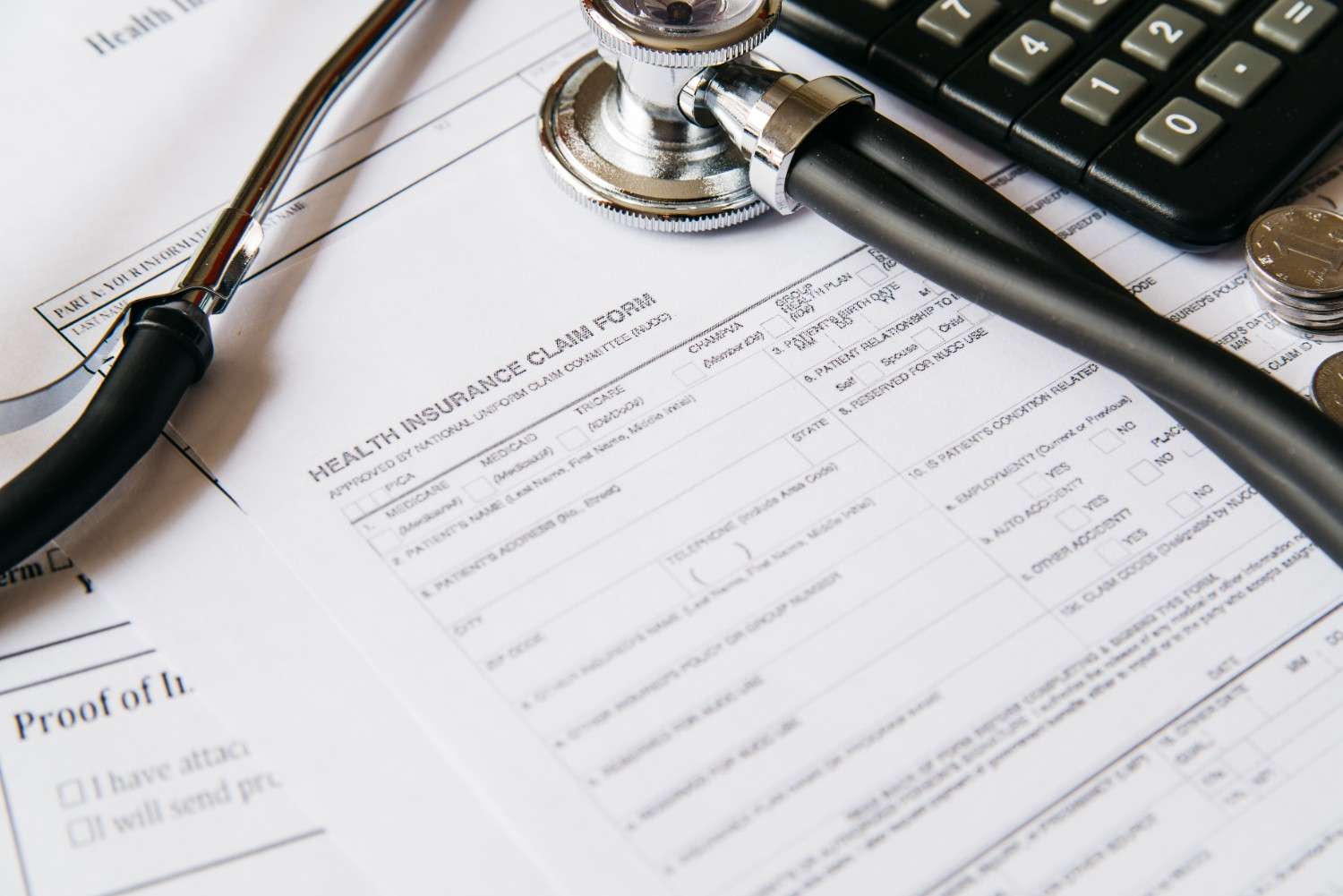Introduction
In the ever-evolving landscape of healthcare, ensuring the security and privacy of patient information is of paramount importance. The Health Insurance Portability and Accountability Act (HIPAA) was enacted in 1996 to protect sensitive patient data and standardize electronic healthcare transactions. For medical billing professionals, HIPAA compliance is a legal and ethical necessity that prevents data breaches, fraud, and financial penalties. At Quest Medical Billing Services, we prioritize HIPAA compliance to safeguard patient information and maintain the integrity of our billing processes. This article provides an in-depth guide on HIPAA compliance in medical billing and what you need to know to ensure adherence to these crucial regulations.
Understanding HIPAA in Medical Billing
HIPAA consists of several rules designed to protect patient information while ensuring smooth healthcare operations. The two most relevant rules for medical billing are:
1. HIPAA Privacy Rule
The Privacy Rule sets standards for protecting individuals’ medical records and personal health information (PHI). It governs how healthcare providers, billing companies, and insurers handle patient data, restricting unauthorized access and disclosure.
2. HIPAA Security Rule
The Security Rule establishes safeguards for electronic PHI (ePHI). It mandates administrative, physical, and technical measures to prevent unauthorized access, data breaches, and cyber threats.
3. HIPAA Enforcement Rule
This rule outlines the penalties for HIPAA violations, ensuring accountability and enforcement of compliance measures.
4. HIPAA Breach Notification Rule
In case of a data breach, covered entities and business associates must notify affected individuals, regulatory bodies, and the media, depending on the breach’s scale.
5. HIPAA Omnibus Rule
This rule expands compliance requirements to business associates and subcontractors, holding them accountable for safeguarding PHI.
Why HIPAA Compliance is Critical in Medical Billing
1. Protecting Patient Privacy
HIPAA ensures that PHI remains confidential, preventing unauthorized disclosure that could lead to identity theft or discrimination.
2. Avoiding Legal and Financial Penalties
Non-compliance can result in hefty fines, legal actions, and reputational damage. Fines can range from $100 to $50,000 per violation, depending on the severity.
3. Ensuring Smooth Billing Processes
HIPAA compliance helps standardize medical transactions, reducing errors, claim denials, and delays in reimbursement.
4. Building Trust with Patients and Providers
Complying with HIPAA regulations demonstrates a commitment to patient privacy and security, fostering trust with patients and healthcare providers.
Best Practices for HIPAA Compliance in Medical Billing
1. Implement Strong Access Controls
Ensure that only authorized personnel have access to PHI. Use role-based access controls (RBAC) to limit data access based on job responsibilities.
2. Use Secure Communication Channels
Transmitting PHI through unencrypted emails, unsecured cloud storage, or public networks is a violation of HIPAA. Use encrypted emails, VPNs, and secure portals for data exchange.
3. Train Employees on HIPAA Regulations
Regularly train billing staff on HIPAA compliance, data security protocols, and how to handle PHI appropriately.
4. Conduct Regular Risk Assessments
Identify vulnerabilities in your medical billing system and implement corrective measures to mitigate risks.
5. Maintain Comprehensive Documentation
Keep records of compliance policies, risk assessments, training logs, and security measures to demonstrate compliance during audits.
6. Ensure Business Associate Agreements (BAAs) Are in Place
If you work with third-party vendors, such as billing services or software providers, ensure they sign BAAs outlining their commitment to HIPAA compliance.
7. Use HIPAA-Compliant Medical Billing Software
Select billing software that offers encryption, secure login credentials, and audit logs to track access to PHI.
8. Develop a HIPAA Compliance Plan
Establish clear policies for handling PHI, responding to data breaches, and ensuring continuous compliance with HIPAA regulations.
Common HIPAA Violations in Medical Billing
1. Unauthorized Access to PHI
Allowing unapproved employees or third parties to access PHI can result in severe penalties.
2. Failure to Encrypt PHI
Unsecured electronic transmission of PHI increases the risk of data breaches and cyberattacks.
3. Lack of Employee Training
Employees unaware of HIPAA regulations may inadvertently mishandle patient data, leading to non-compliance.
4. Improper Disposal of PHI
Failing to securely dispose of patient records, whether in physical or electronic format, can result in HIPAA violations.
5. Delayed Breach Notification
Not reporting a data breach within the required timeframe can lead to additional penalties and loss of credibility.
Steps to Take in Case of a HIPAA Violation
1. Identify and Assess the Violation
Determine the scope of the breach and whether PHI was exposed.
2. Report the Incident
Notify the compliance officer, business associates, and affected individuals as per the HIPAA Breach Notification Rule.
3. Implement Corrective Actions
Take immediate steps to prevent further exposure, such as revoking unauthorized access or strengthening security measures.
4. Conduct a Post-Breach Audit
Review the incident, identify the root cause, and implement strategies to prevent future breaches.
Conclusion
HIPAA compliance in medical billing is not just a regulatory requirement—it is an essential practice to protect patient data, prevent legal complications, and ensure the integrity of healthcare transactions. At Quest Medical Billing Services, we are committed to upholding HIPAA standards by implementing strict security protocols, training our staff, and using HIPAA-compliant billing systems. By following best practices, conducting regular audits, and maintaining transparency, healthcare providers and billing professionals can safeguard sensitive information and maintain compliance with HIPAA regulations.
Ensuring compliance today will lead to a more secure, efficient, and trustworthy medical billing process in the future.







